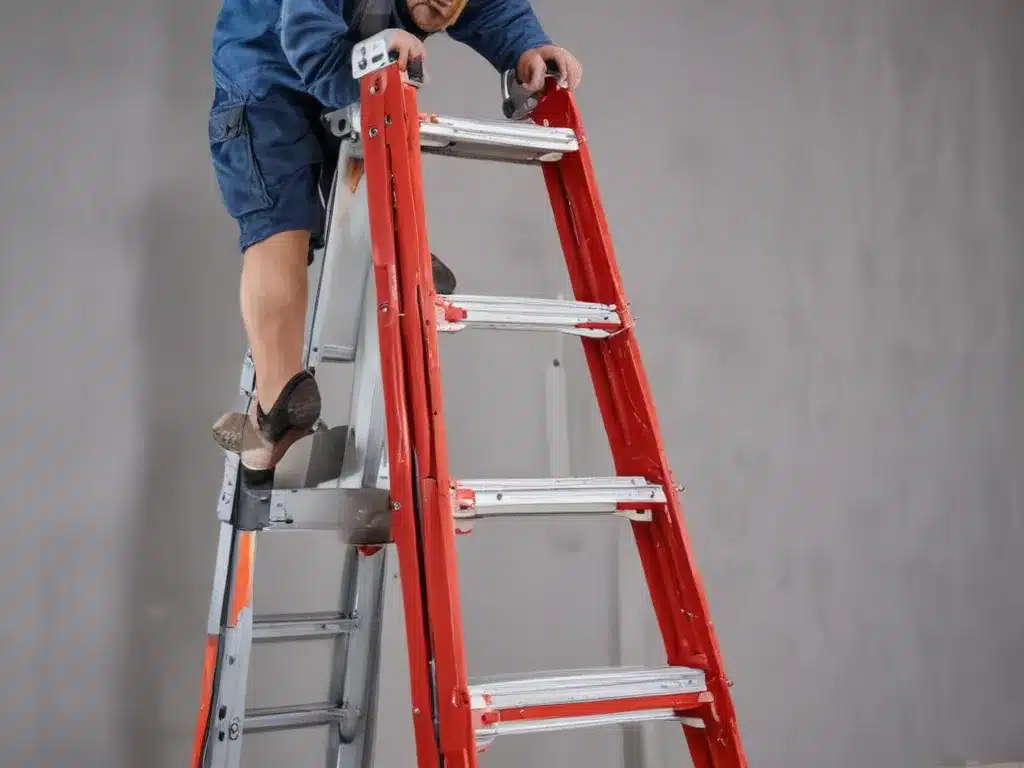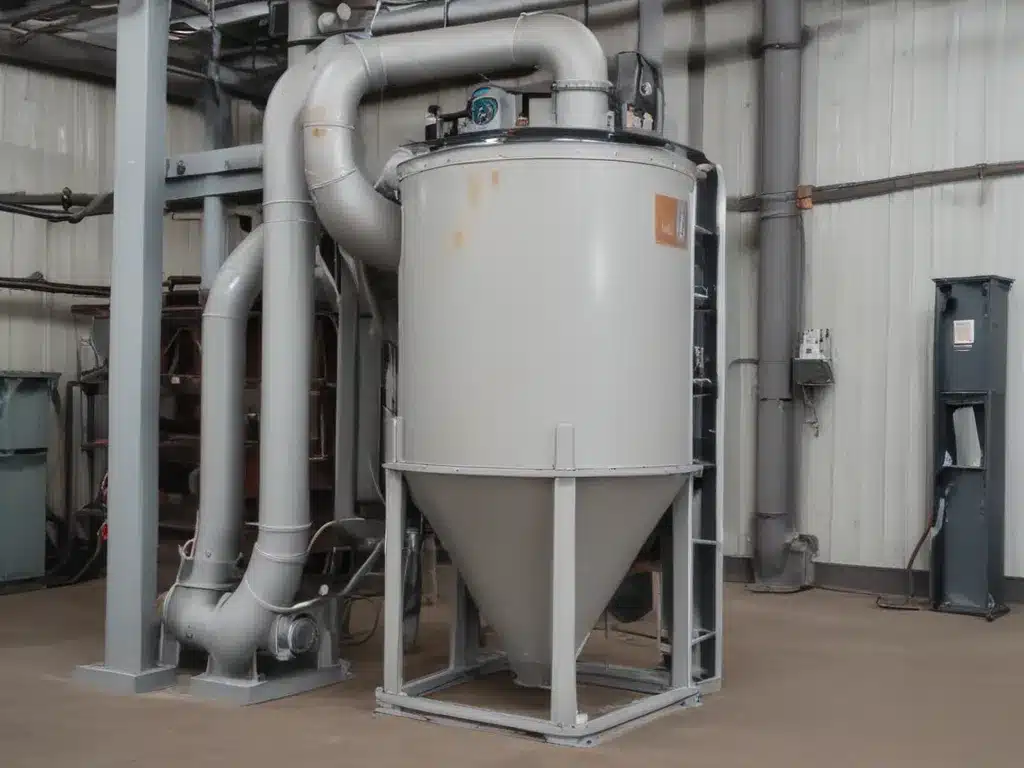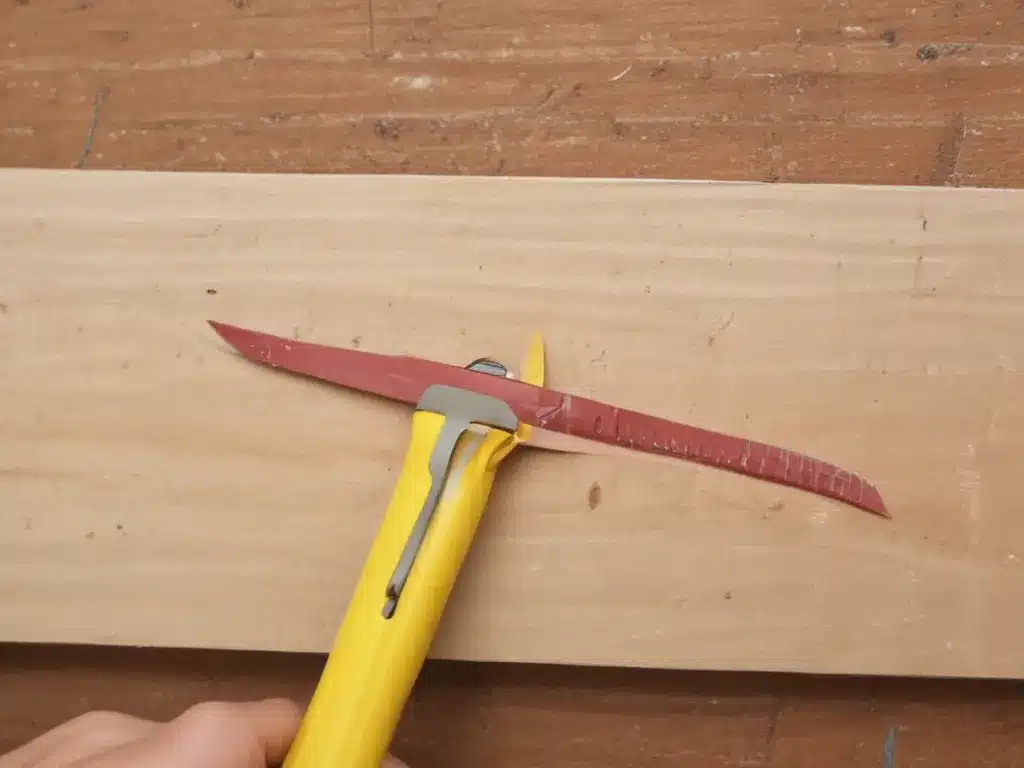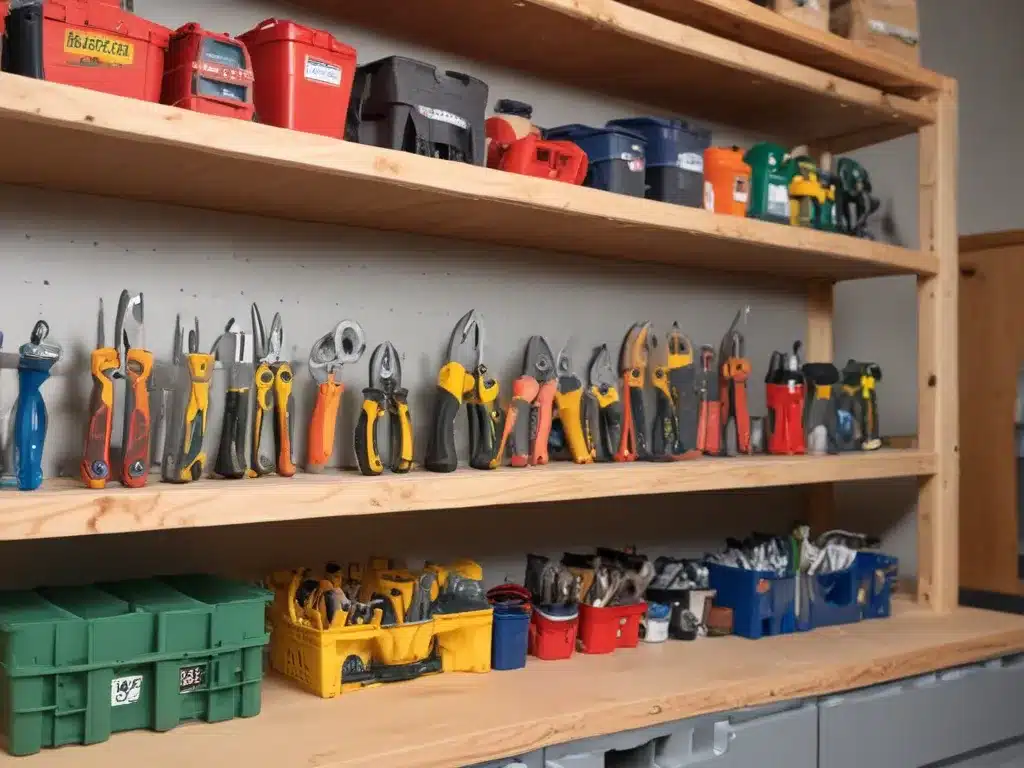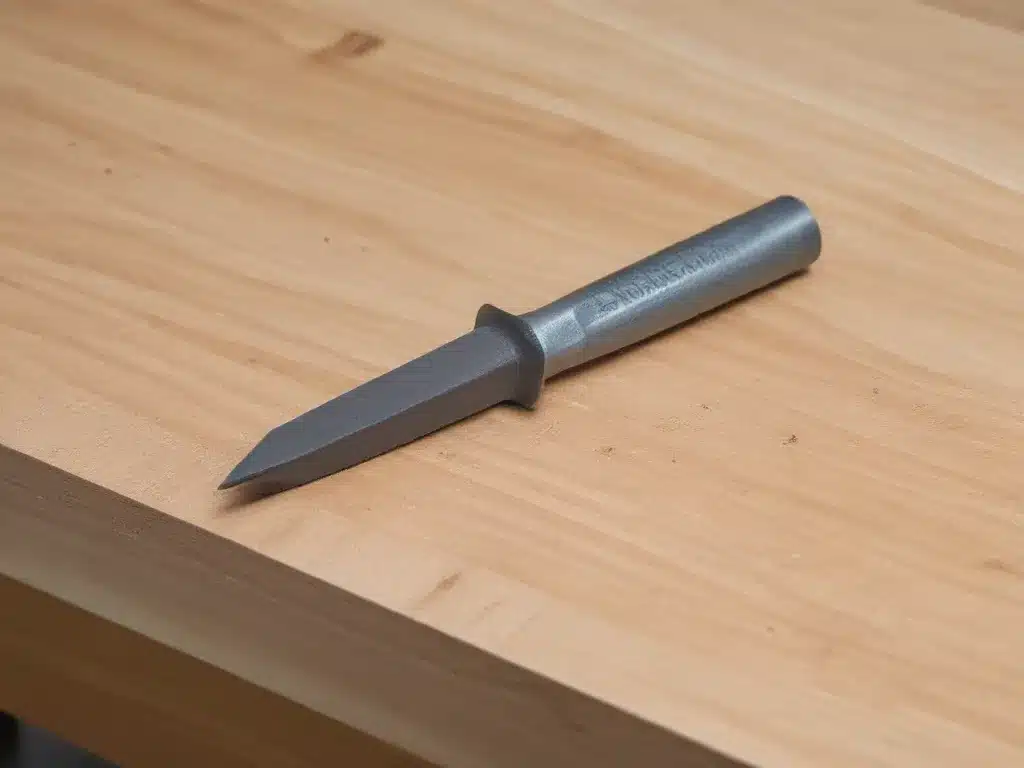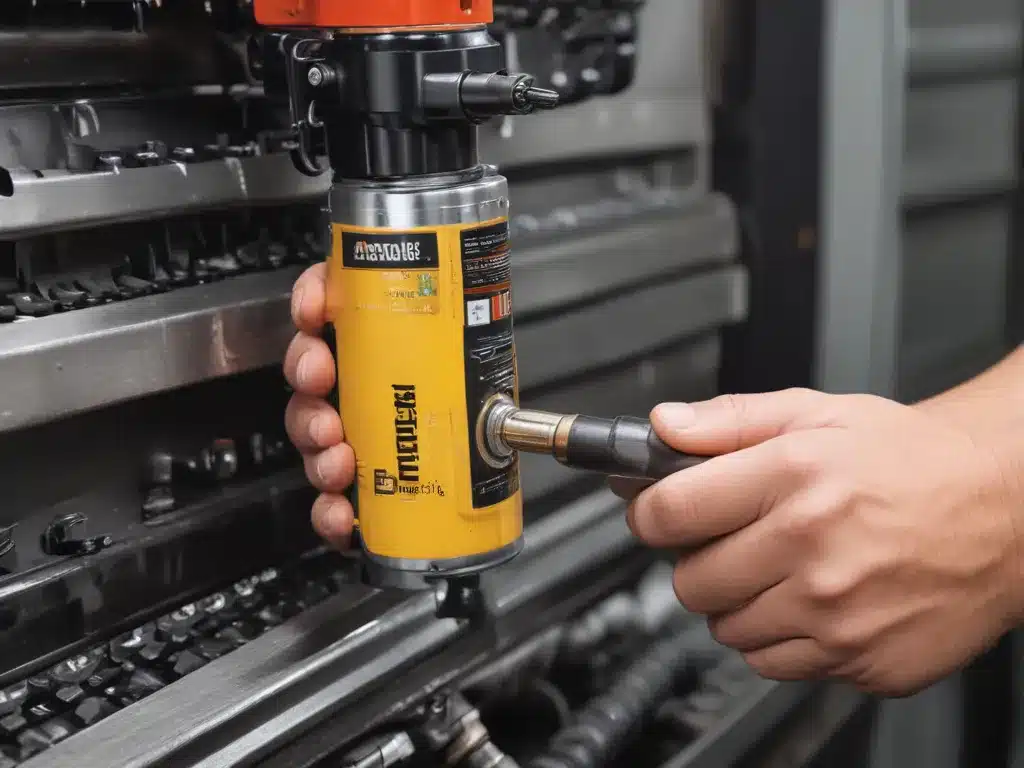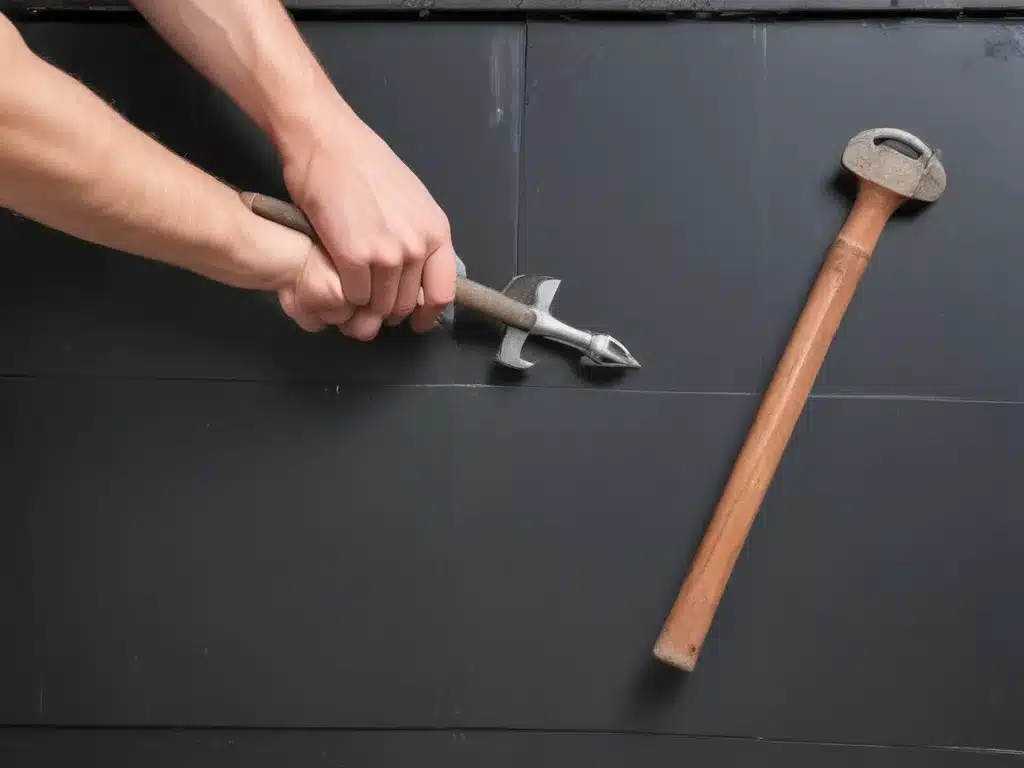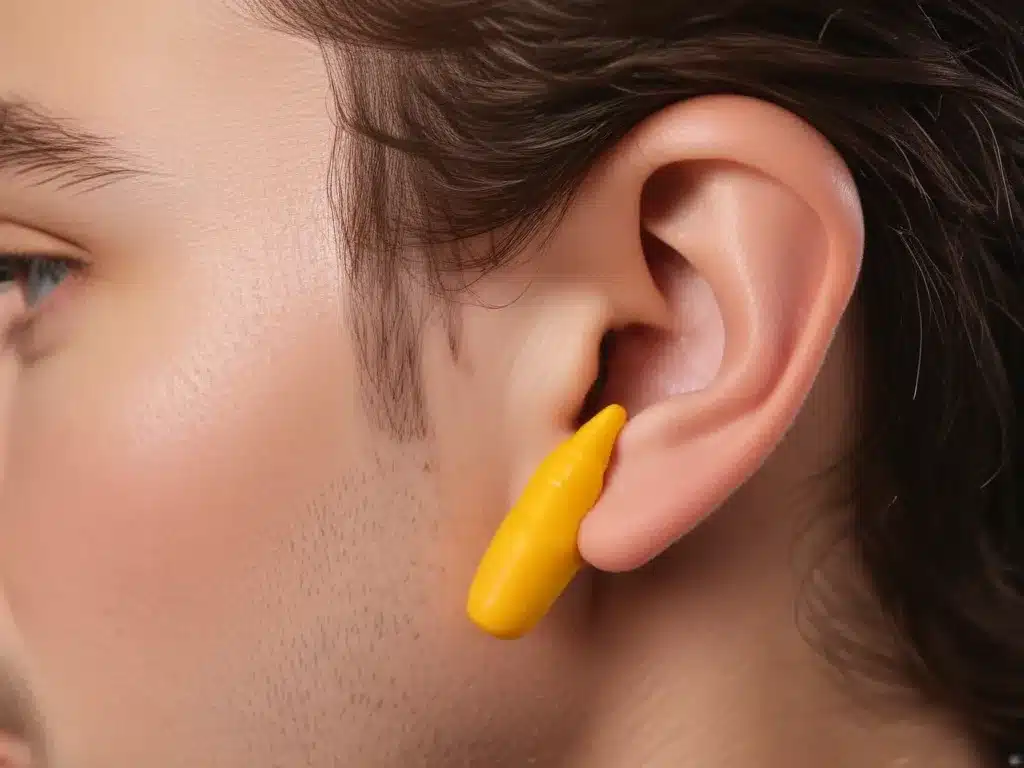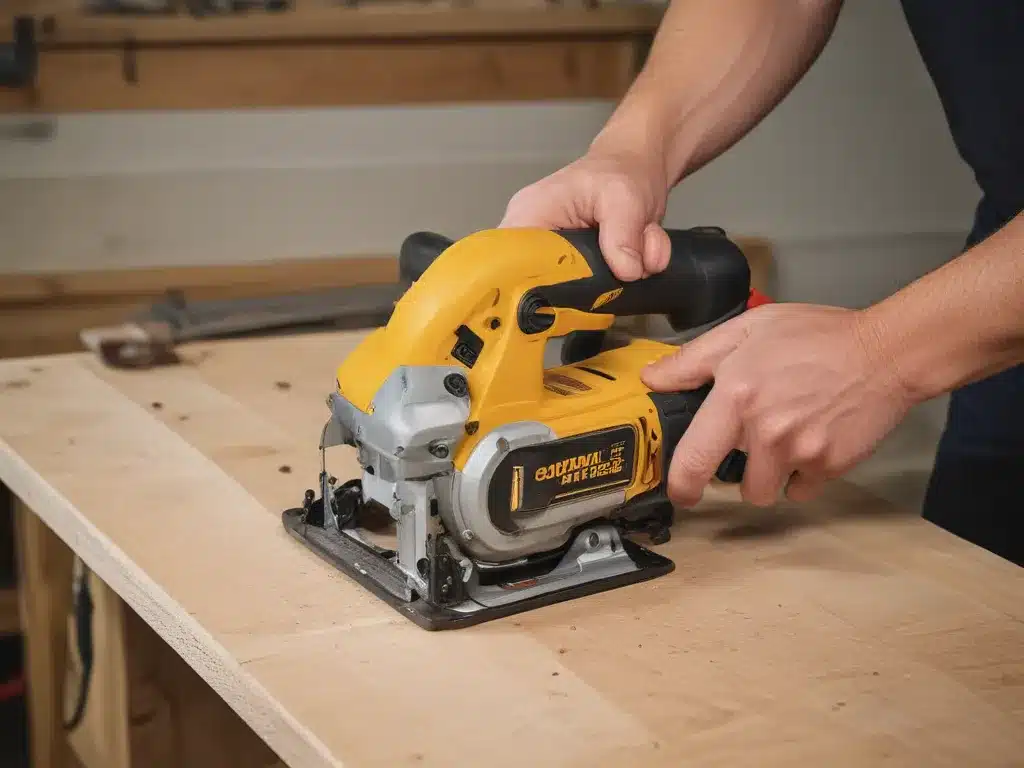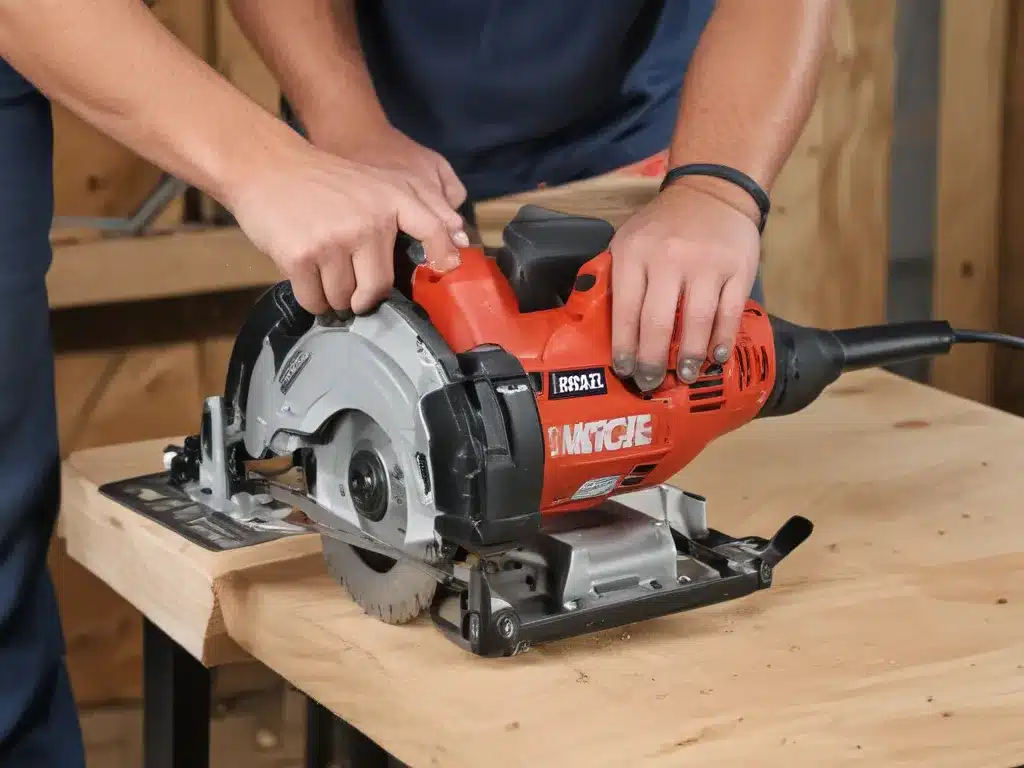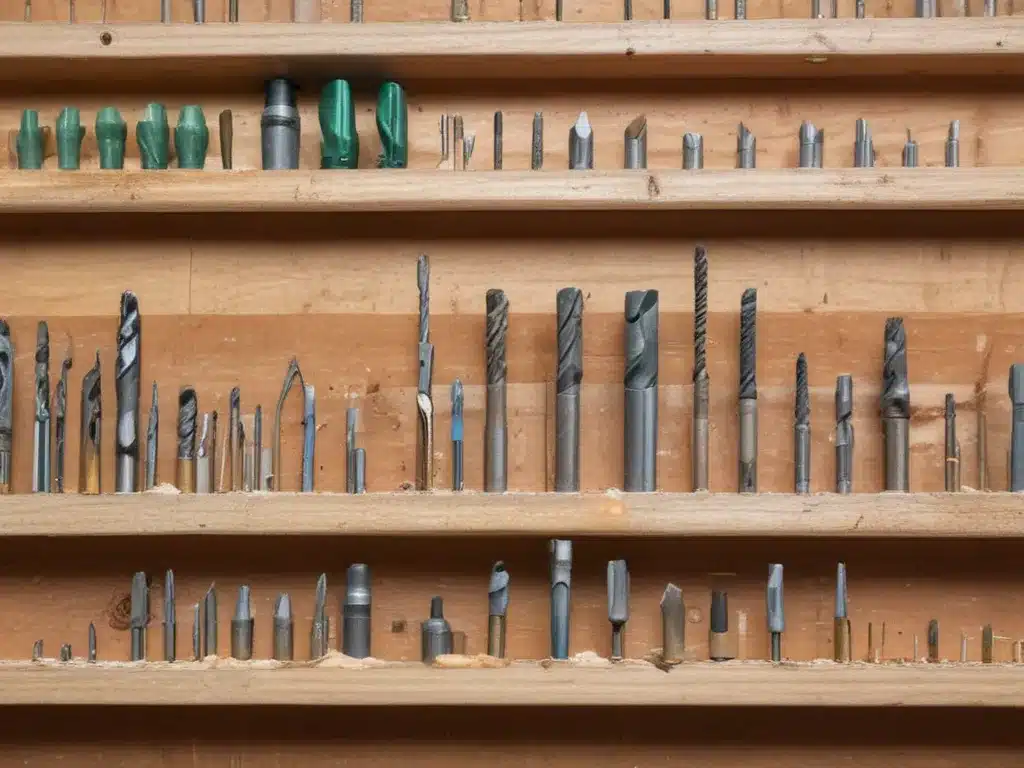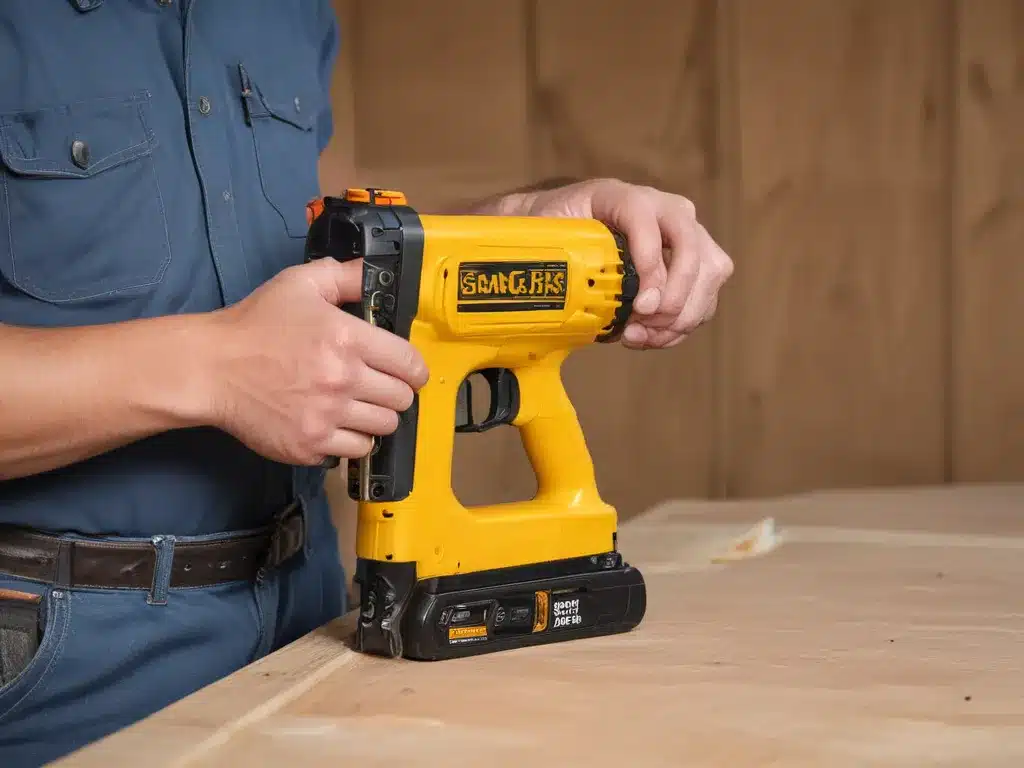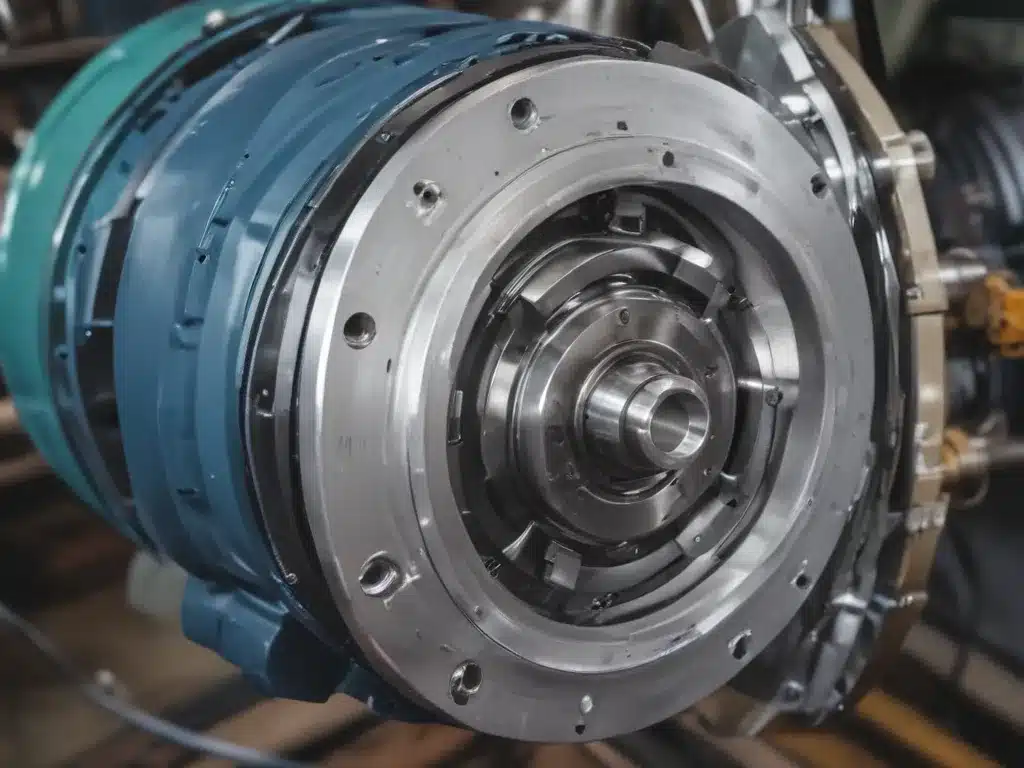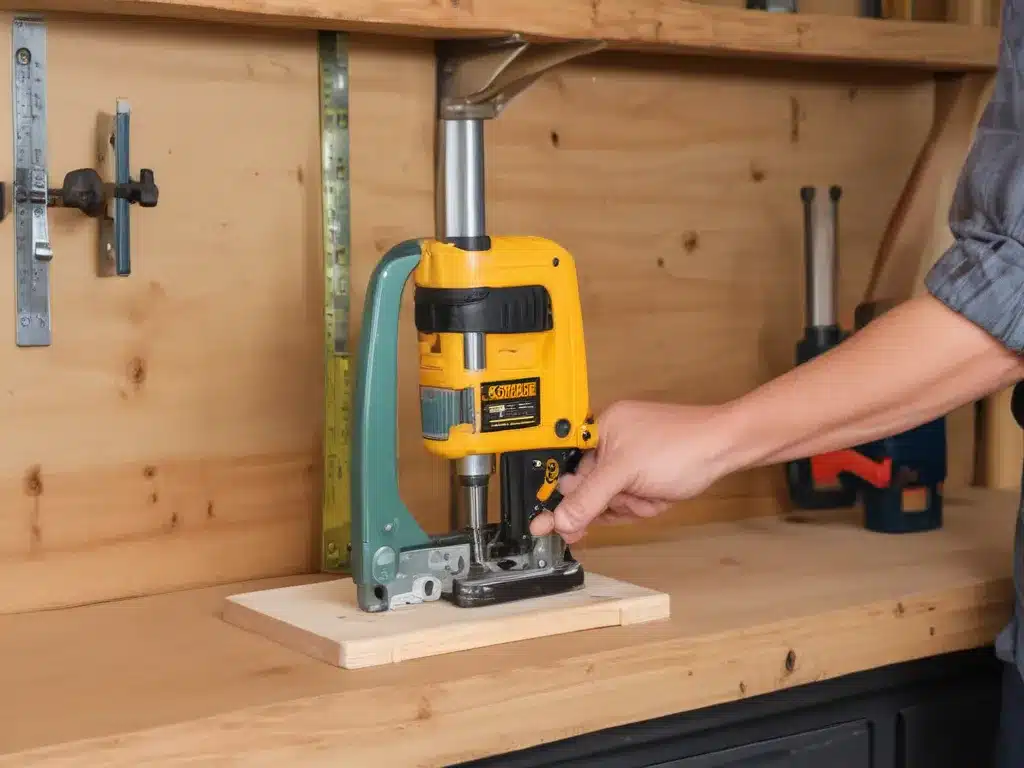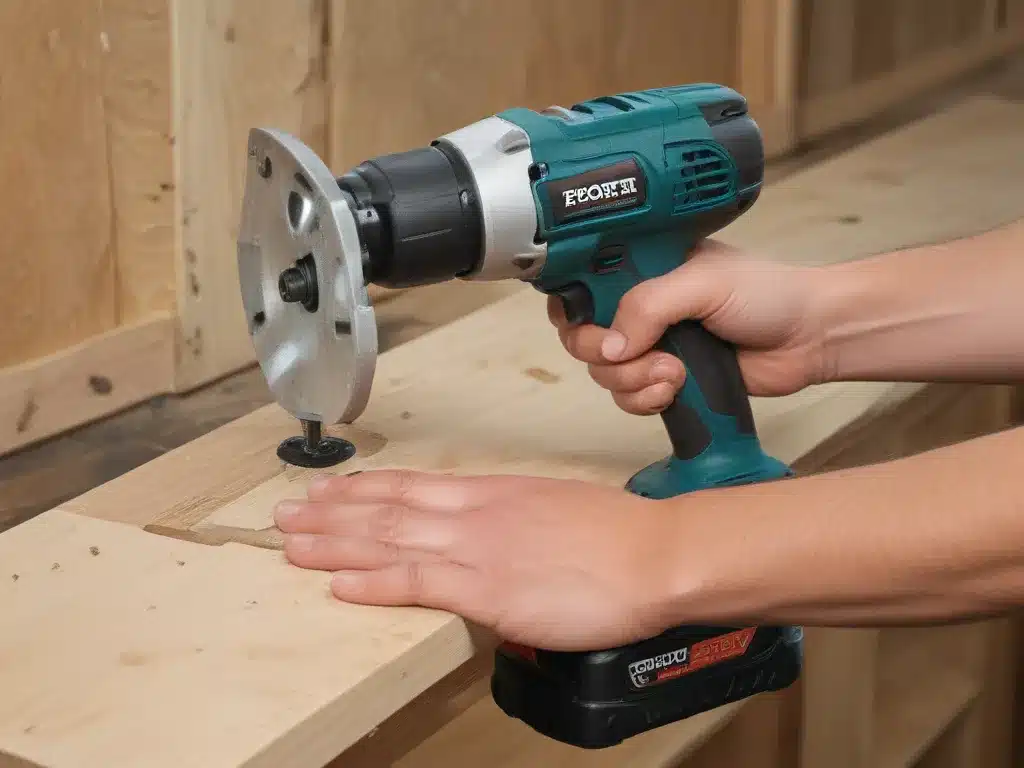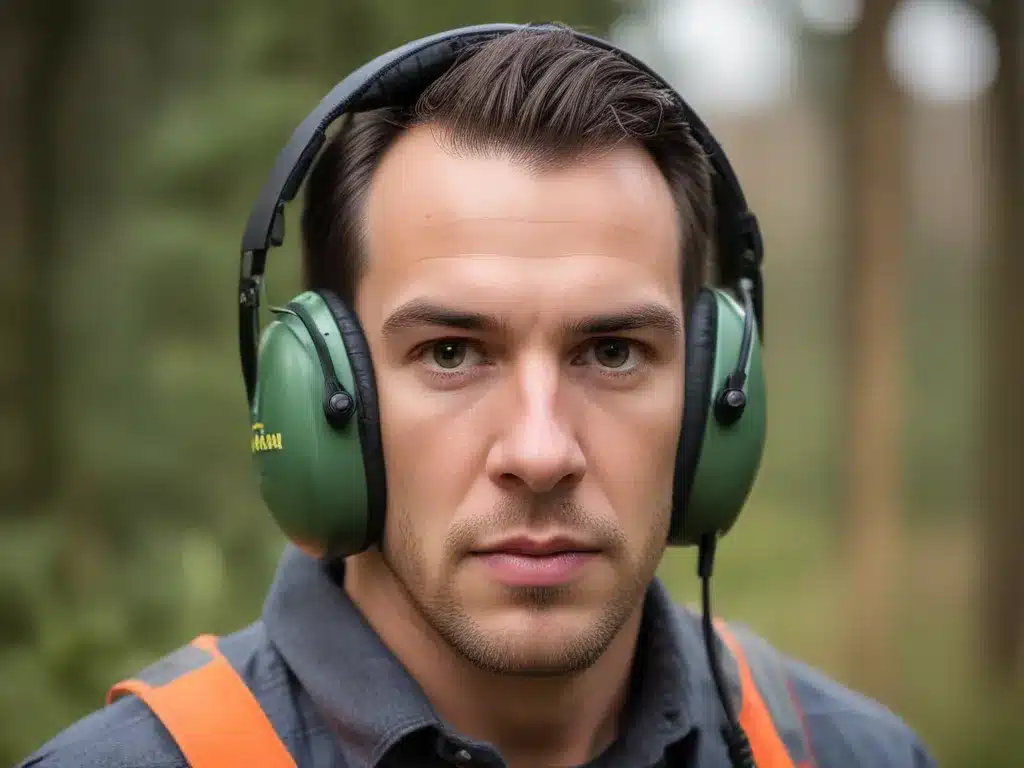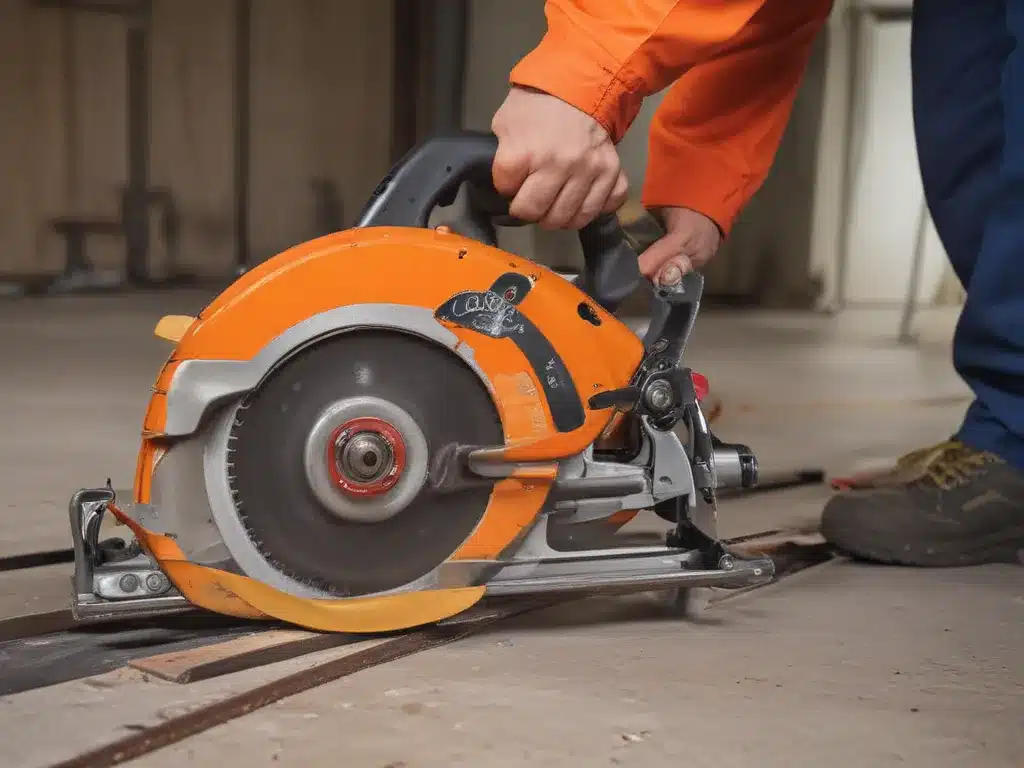Understanding the Importance of a Bench Grinder
As a power tool enthusiast, I’ve come to appreciate the sheer versatility and power of a well-chosen bench grinder. These unsung heroes of the workshop can tackle a wide range of tasks, from sharpening tools to deburring metal parts. And when you find the right bench grinder for your needs, it can truly be a game-changer.
You see, not all bench grinders are created equal. Some are built for heavy-duty industrial use, while others are more suited for the hobbyist or DIY enthusiast. The key is to understand your specific requirements and then find a bench grinder that can deliver the performance, features, and durability you need.
That’s why I’m excited to share my tips for choosing a high-performance bench grinder. Whether you’re a professional tradesperson or a weekend warrior, these insights can help you make an informed decision and find the perfect addition to your workshop.
Assessing Your Needs
Before we dive into the nitty-gritty of bench grinder selection, it’s important to take a step back and consider your specific needs. After all, the “best” bench grinder is the one that aligns with your unique requirements and use case.
So, let’s start by asking ourselves some important questions. What kind of projects do I typically tackle? How much power and speed do I need? What features are most important to me? Answering these questions will help us narrow down the field and find a bench grinder that’s a perfect fit.
For example, if you’re primarily using your bench grinder for sharpening tools and light metalworking, you might not need the raw power of a heavy-duty industrial model. Instead, a more compact and user-friendly option with variable speed control could be a better choice.
On the other hand, if you’re working with thick, tough materials or need to remove a significant amount of material, a more powerful bench grinder with a larger wheel diameter might be the way to go.
Wheel Size and Speed
One of the most critical factors to consider when choosing a bench grinder is the wheel size and speed. This combination of features directly impacts the grinder’s performance and the quality of your finished work.
Larger wheel diameters, generally ranging from 6 to 12 inches, offer several advantages. They can remove material faster, maintain their shape better, and provide a smoother, more consistent grinding experience. However, they also require more power to spin, so you’ll need to ensure your bench grinder has the necessary horsepower to handle a bigger wheel.
Wheel speed is equally important. Bench grinders can typically spin at speeds ranging from 3,450 RPM to 3,600 RPM. The faster the wheel, the more quickly it can remove material, but it also generates more heat and can be more challenging to control.
So, how do you find the right balance? Well, it depends on the specific tasks you’ll be performing. If you need to remove a lot of material quickly, a larger wheel spinning at a higher speed might be the way to go. But if you’re doing delicate work that requires a lighter touch, a smaller wheel at a lower speed could be the better option.
Motor Power and Durability
Another crucial consideration when choosing a bench grinder is the motor. After all, this is the heart of the machine, responsible for providing the necessary power and torque to get the job done.
When it comes to motor power, you’ll want to look for a bench grinder with at least 1/2 horsepower. This should provide enough oomph to handle most common metalworking and sharpening tasks. However, if you’re tackling particularly tough materials or need to remove a significant amount of material, a 3/4 or 1 horsepower motor might be a better choice.
It’s also important to consider the motor’s durability and construction. Look for bench grinders with sturdy, all-metal housings and ball-bearing motor assemblies. These features can help ensure your grinder can withstand the rigors of regular use and provide years of reliable performance.
Safety and Convenience Features
Of course, power and performance aren’t the only factors to consider when choosing a bench grinder. Safety and convenience features can also play a crucial role in your decision-making process.
For example, many high-performance bench grinders come equipped with adjustable tool rests and eye shields. These features help you maintain control and protect your eyes while grinding, reducing the risk of accidents and injuries.
Some models also feature built-in work lights, which can be especially helpful when working in dimly lit workshops. And don’t forget about the importance of dust collection – look for bench grinders with integrated dust ports or optional dust collection attachments to keep your workspace clean and healthy.
Additionally, consider the ease of use and ergonomics of the bench grinder. Features like vibration-dampening feet, comfortable grip handles, and intuitive controls can make your grinding sessions more comfortable and efficient.
Brands and Reputation
When it comes to bench grinders, the brand and reputation of the manufacturer can also be an important factor to consider. After all, you want to invest in a tool that’s built to last and deliver consistent, high-quality performance.
Some of the most well-respected names in the bench grinder market include brands like PowerToolsPros, Dewalt, Makita, and Bosch. These companies have a reputation for engineering durable, high-performance tools that can stand up to the demands of professional and DIY users alike.
But don’t just take my word for it. Do your own research, read reviews from other users, and see what the experts have to say. Look for bench grinders with a track record of reliability, quality, and customer satisfaction.
Putting It All Together
Whew, that’s a lot of information to digest! But I hope I’ve provided you with a solid foundation for choosing the perfect bench grinder for your needs.
Remember, the key is to start by assessing your specific requirements – the types of projects you’ll be working on, the power and speed you need, and the features that are most important to you. From there, you can start narrowing down your options based on wheel size, motor power, safety features, and brand reputation.
And don’t be afraid to do some hands-on research, too. If possible, try to find a local tool retailer or workshop where you can test out different bench grinders and see how they perform in person. This can be a great way to get a feel for the machine and ensure it’s a perfect fit for your needs.
At the end of the day, choosing a high-performance bench grinder is all about finding the right balance of power, precision, and usability. With the right tool in your arsenal, you’ll be able to tackle a wide range of projects with confidence and ease.
So, what are you waiting for? Start your search for the perfect bench grinder today and get ready to take your workshop to the next level!


